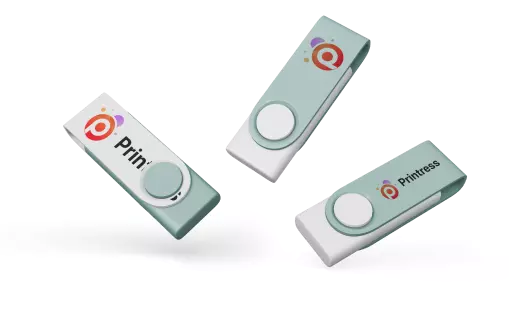
A one-stop shop, in public administration, is a government office where multiple services are offered, allowing customers to access these services in a centralized location rather than in different places.
A one-stop shop, in public administration, is a government office where multiple services are offered, allowing customers to access these services in a centralized location rather than in different places.

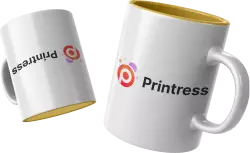
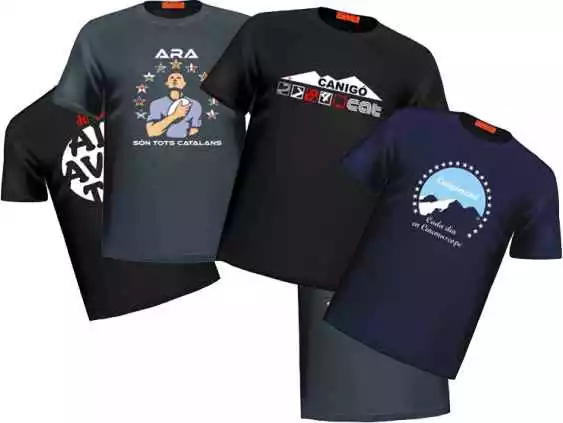
Printing is a process for mass reproducing text and images using a master form or template. The earliest non-paper products involving printing include cylinder seals and objects such as the Cyrus Cylinder and the Cylinders of Nabonidus.
There are three types of color mixing: additive, subtractive, and average. In first two cases, mixing is typically described in terms of three primary colors and three secondary colors (colors made by mixing two of the three primary colors in equal amounts).
The shipping network is the worldwide network of maritime traffic. From a network science perspective ports represent nodes and routes represent lines.
Offset printing is a common printing technique in which the inked image is transferred (or "offset") from a plate to a rubber blanket and then to the printing surface. When used in combination with the lithographic process, which is based on the repulsion of oil and water, the offset technique employs a flat (planographic) image carrier.
Made-to-measure (MTM) typically refers to custom clothing that is cut and sewn using a standard-sized base pattern. Suits and sport coats are the most common garments made-to-measure. The fit of a made-to-measure garment
The reorder point (ROP) is the level of inventory which triggers an action to replenish that particular inventory stock. It is a minimum amount of an item which a firm holds in stock, such that, when stock falls to this amount, the item must be reordered.
Quality assurance (QA) is the term used in both manufacturing and service industries to describe the systematic efforts taken to ensure that the product(s) delivered to customer(s) meet with the contractual and other agreed upon performance, design, reliability, and maintainability expectations of that customer.
Environment friendly processes, or environmental-friendly processes (also referred to as eco-friendly, nature-friendly, and green), are sustainability and marketing terms referring to goods and services, laws, guidelines and policies that claim reduced, minimal, or no harm upon ecosystems or the environment.
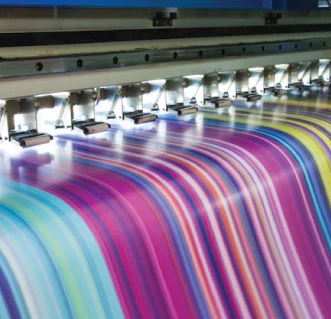

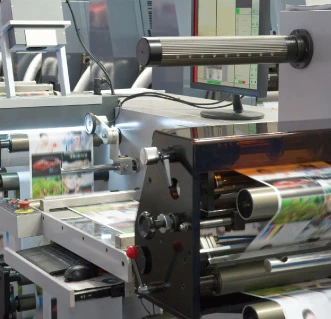



In industry, Product Lifecycle Management (PLM) is the process of managing the entire lifecycle of a product from its inception through the engineering, design and manufacture, as well as the service and disposal of manufactured products.